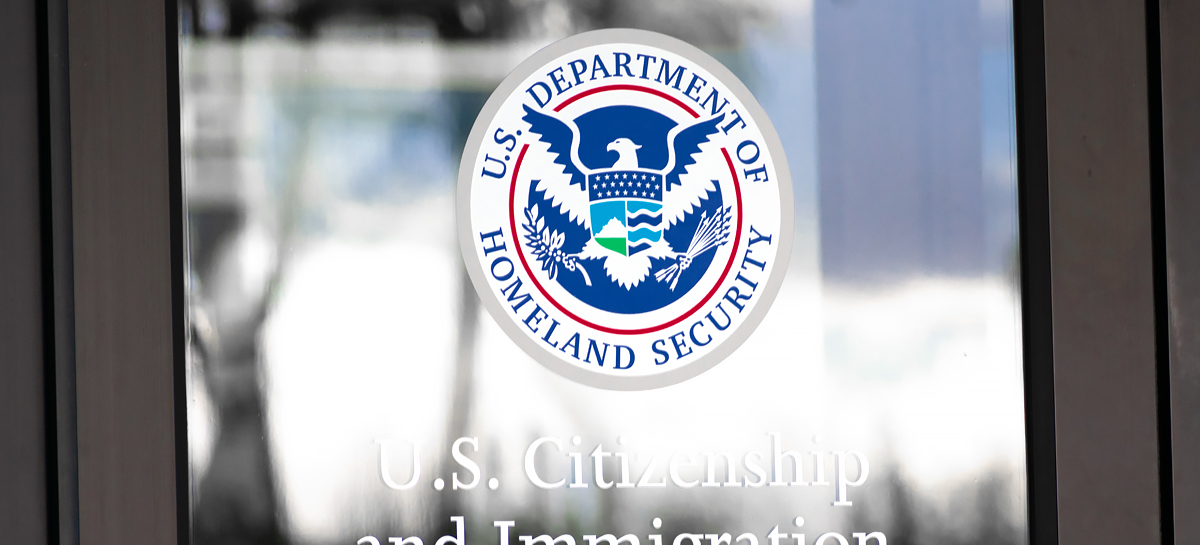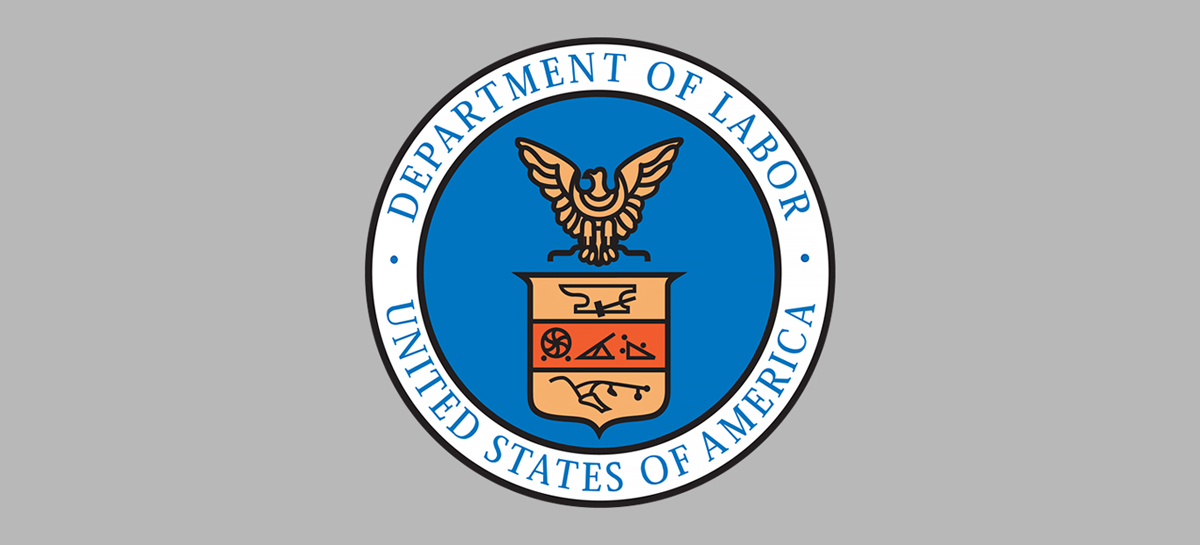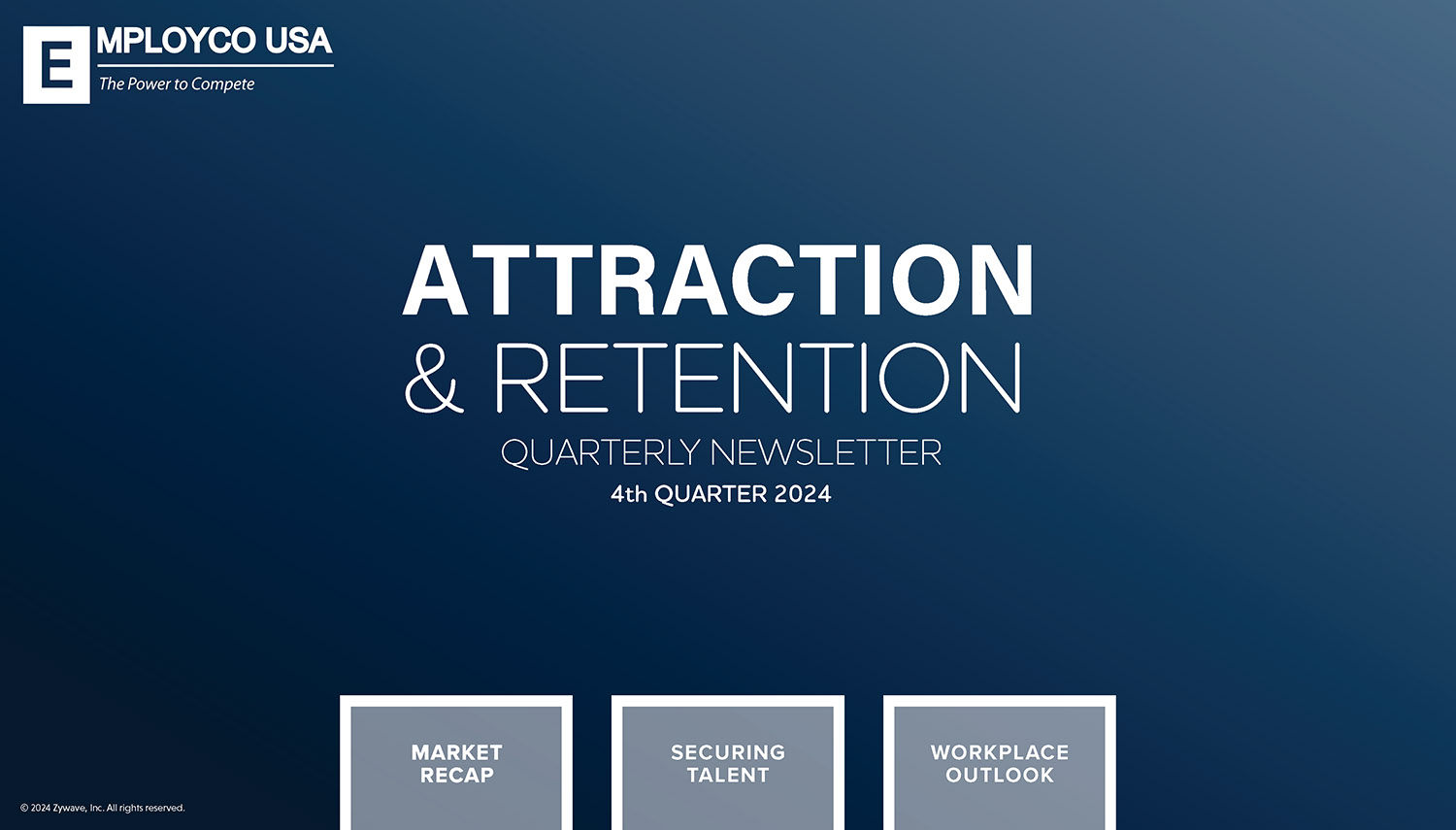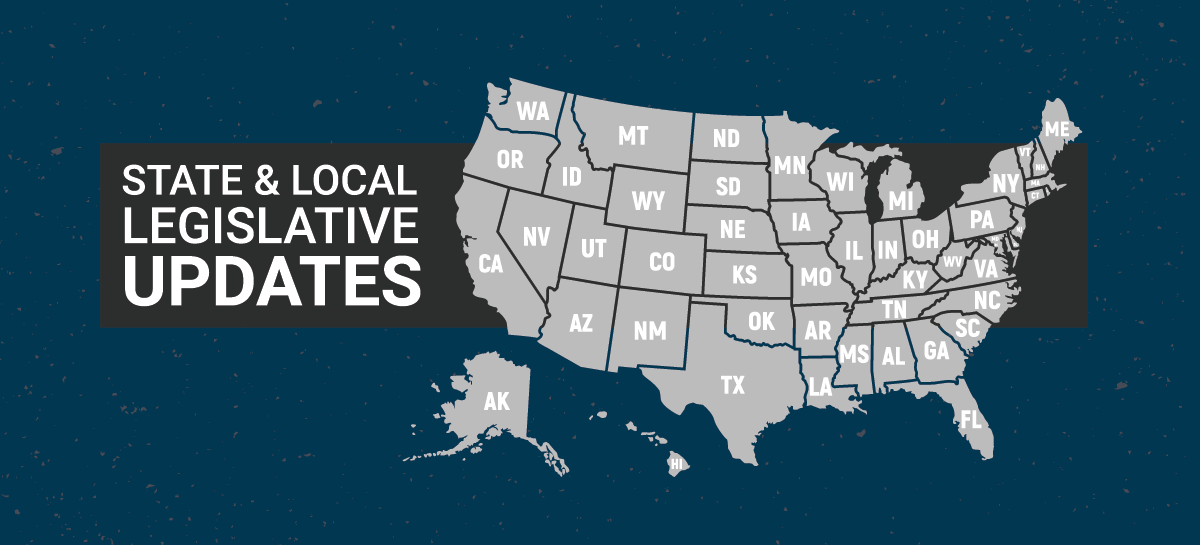
Recently, the U.S. Citizenship and Immigration Services (USCIS) announced that it updated its Employment Eligibility Verification form, also known as Form I-9, to extend the form’s expiration date from July 31, 2026, to May 31, 2027. Employers must use the Form I-9 dated “08/01/2023,” which may have an expiration date of either “07/31/2026” or “05/31/2027.” Employers may use either form until its respective expiration date. However, the USCIS website will only include the Form I-9 with the new “05/31/2027” expiration date for downloading.
Background – On Aug. 1, 2023, the USCIS published a new version of the Form I-9 that employers were required to use beginning on Nov. 1, 2023. Some of the most notable changes included the following:
Continue reading








